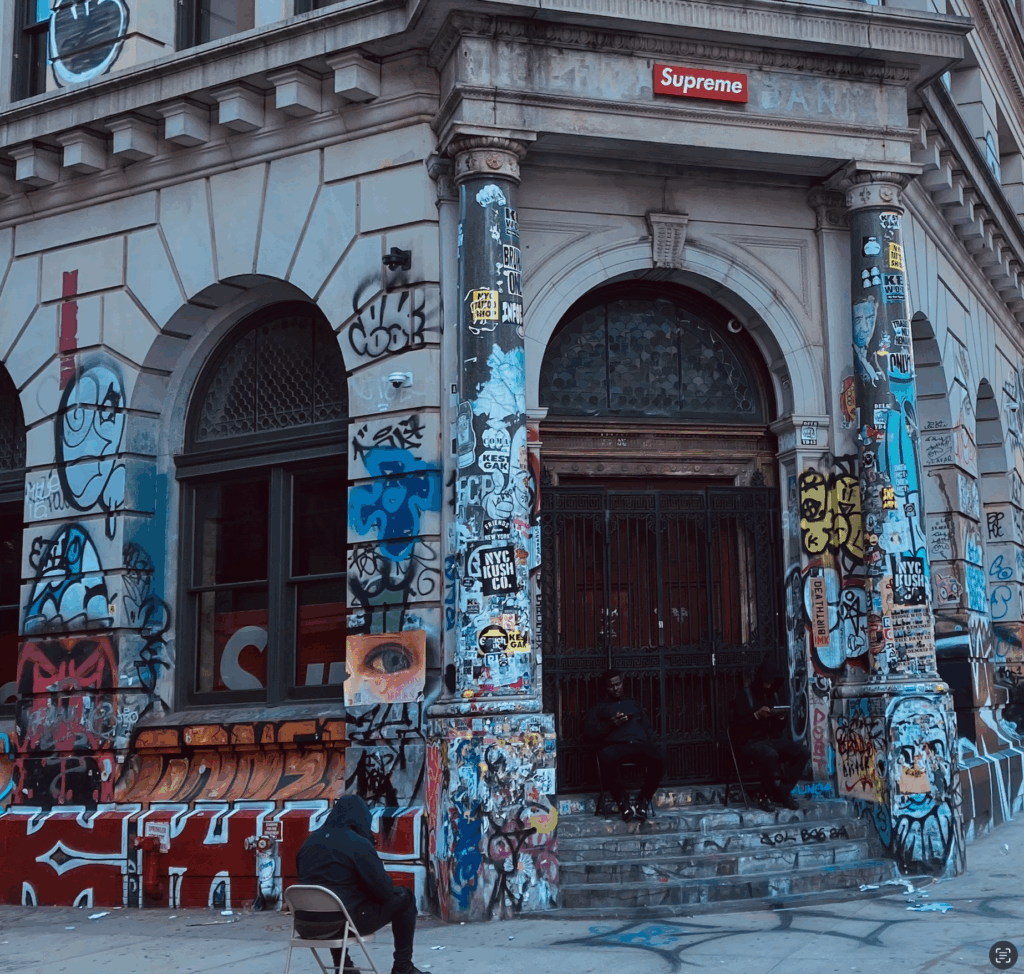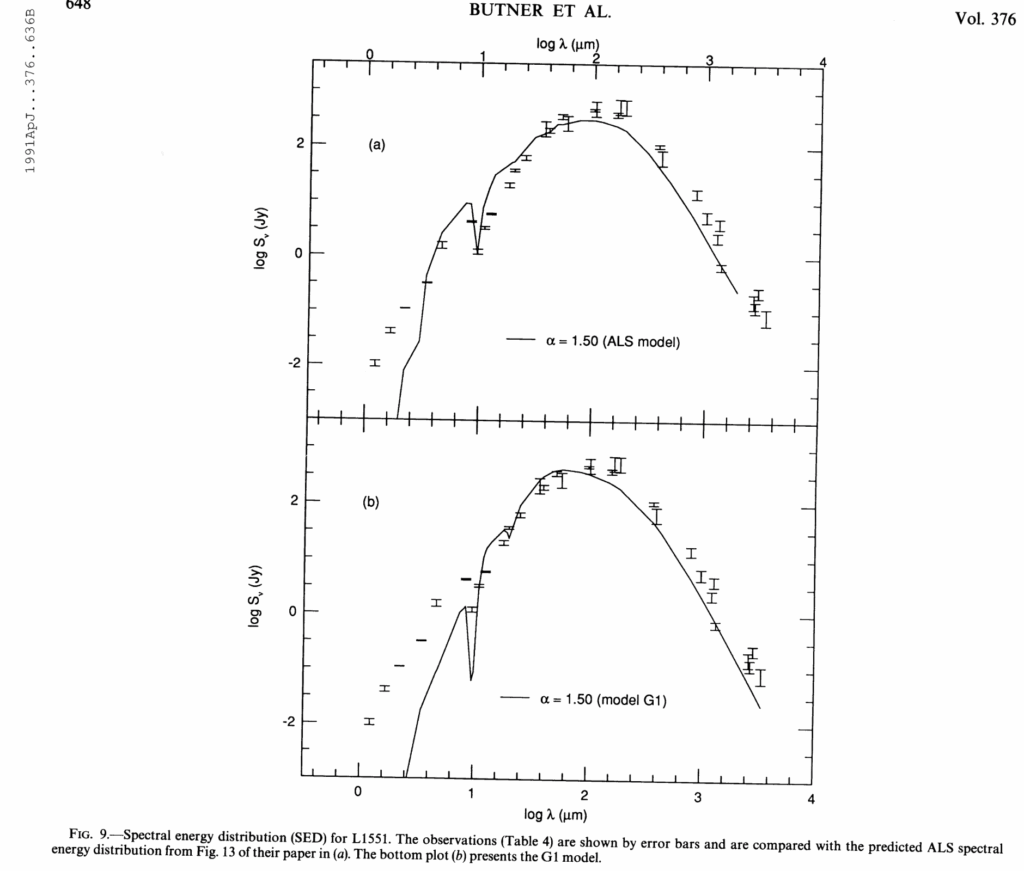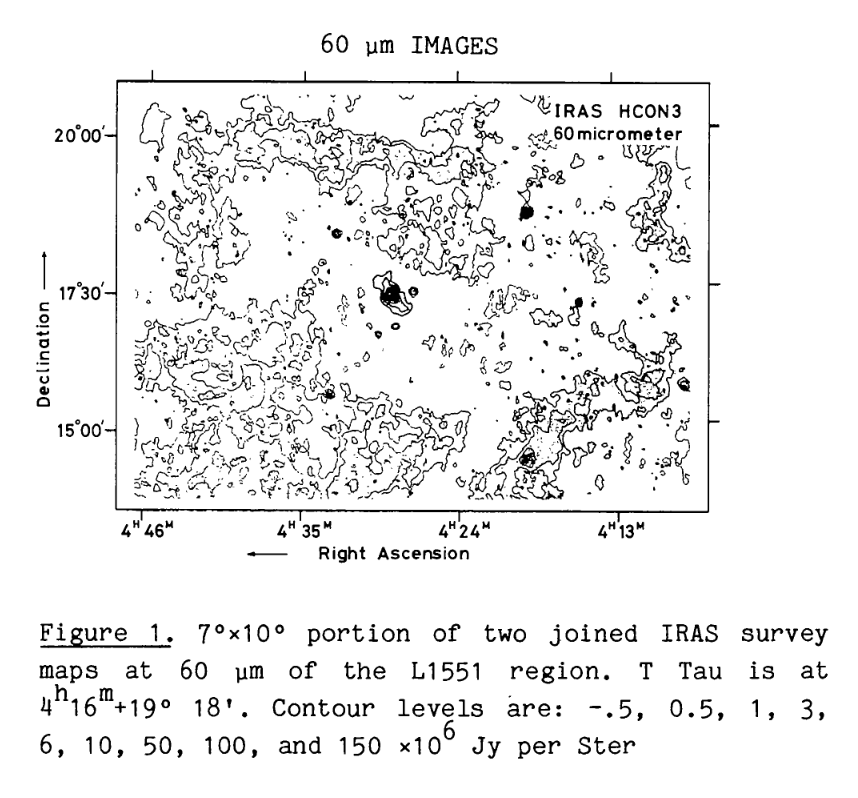
August 1991. I was making no evident progress toward my career goals. I was fronting an industrial band in the derivative vein of Skinny Puppy and Front Line Assembly. We’d been essentially driven off stage during a recent show at the Kennel Club in San Francisco, in part because we weren’t very good and in part because we insisted on running both the SM-57 vocal mic and the bass guitar through an over-driven pre-amplifier before routing the signal to the house board. Our record had just come out, but it wasn’t moving units. Disconcertingly, I’d just heard No Depression from Uncle Tupelo, and the first bars of Factory Belt had triggered the inexorable erosion of enthusiasm for the industrial stylings of Bill Leeb and Nivek Ogre.
My astronomy research was also stalled out. I was supposed to be taking output from a hydrodynamical simulation of molecular cloud collapse and using it as input to a radiative transfer code, which would then create a fit to a spectrum of something called L1551.
The radiative transfer code generated points that were to be connected into a solid line which could then be plotted to compare with the observations of L1551. The idea was to get a line that was at least as good as the lines that had been published.

In retrospect, my total lack of progress is easy to diagnose. I had zero mental image or investment in what was going on. I didn’t care about L1551. I knew in the abstract what an infrared spectrum was, but I had no order-of-magnitude feel for it.
The crinkly 60 micron contour maps of L1551 bring to mind a segment from a 1981 interview of William S. Burroughs, in which the interviewer, Slyvere Lotringer, showed him a copy of a speech by Ulrike Meinhof on “Armed Anti-Imperialist Struggle”
“… Reality can only be perceived in a materialist way related to struggle — class struggle — war… The Guerilla has no real viewpoint, no basis from which to operate. Everything is constantly in motion, so is the struggle. Struggle comes out of motion, moving on and is moving on. All that matters is the aim. The Guerilla perceives class struggle as the basic principle of history and class struggle of history and class struggle as reality, in which the proletarian politics will be realized…
Burroughs quickly leafed through Meinhof’s tract and put it down impatiently.
WILLIAM BURROUGHS: I can’t visualize anything when I read this kind of material. I don’t see what it corresponds to.

